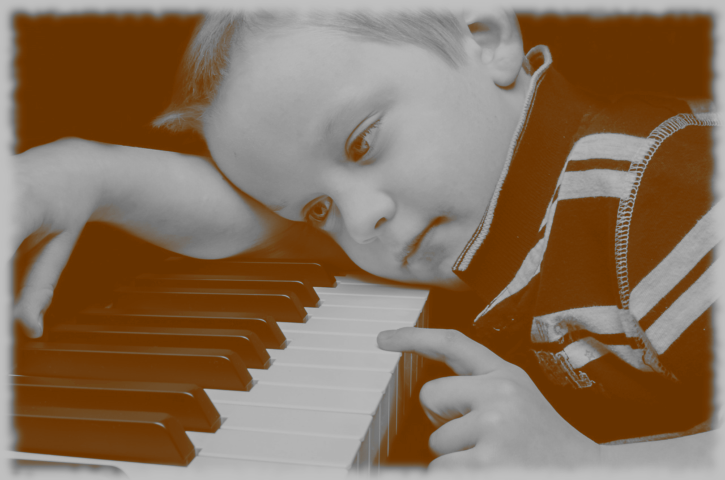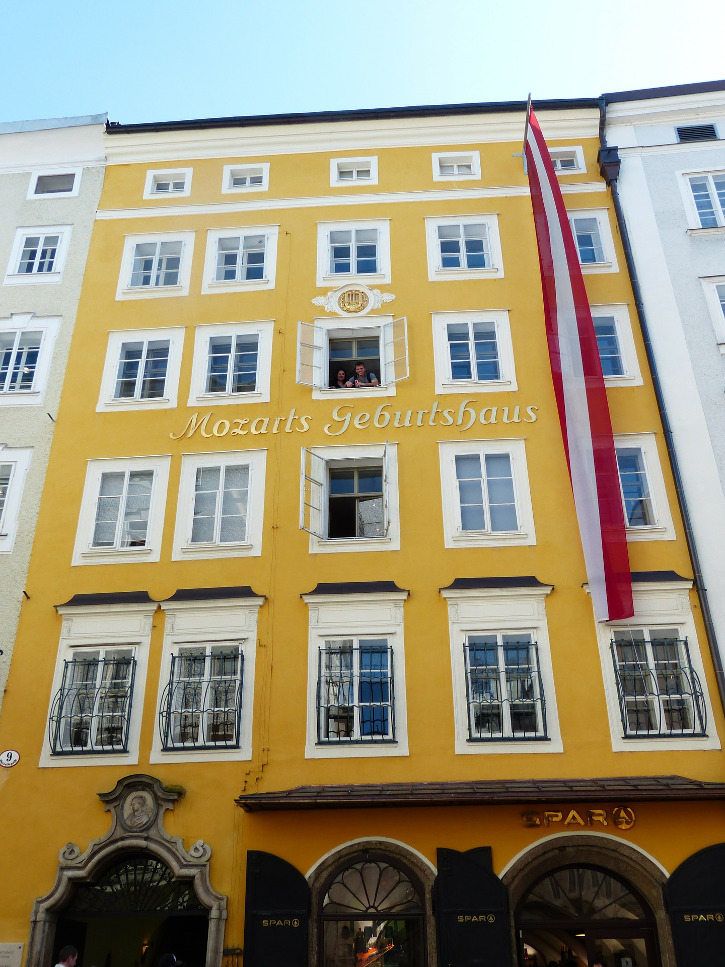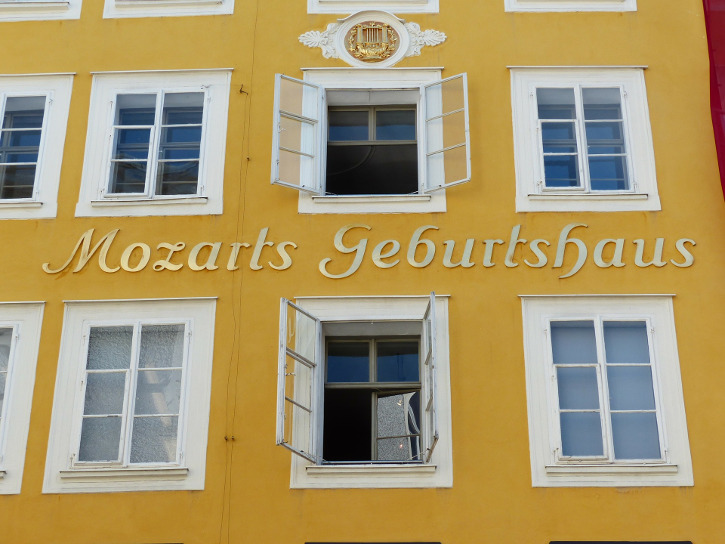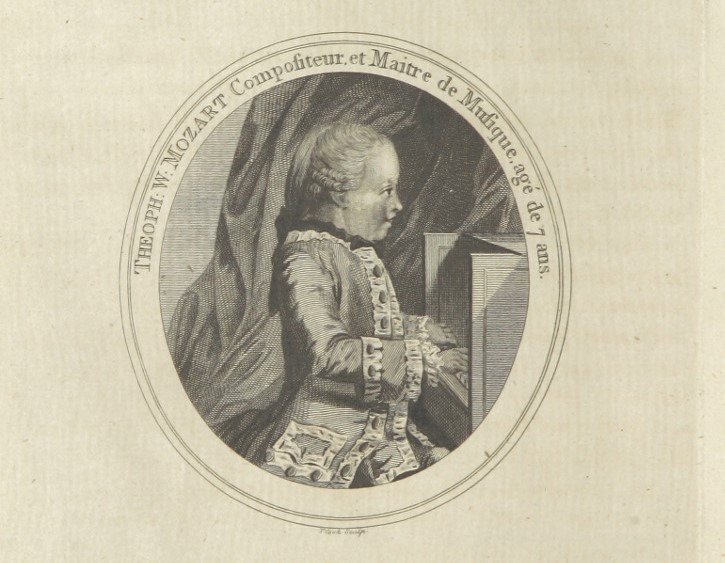“Mozart, a wonder of predispositions and their early development!”
Celebrated by many, featured by Falco’s pop song “Amadeus”, his music loved throughout the world … Mozart still has a permanent place in the world of classical concerts in Vienna. We tell the “strange life story of this precocious, great and original genius” … with some nice anecdotes, starting with his childhood…
Mozart, as most people know, was a Salzburg native. Wolfgang Amadeus Mozart was born on 27 January 1756 in the famous Getreidegasse in Salzburg, in the house with the number 9. He was called not only Wolfgang, but also “Wolferl”. His complete baptismal name was Joannes Chrysostomus Wolfgangus Theophilus Mozart. That may explain why the name was shortened to “Wolferl”. 😀
Child years of a music genius
His musical father Leopold was a Bavarian, actually from Augsburg, who studied in Salzburg. In 1743 he became court violinist of the princely chapel and in 1762 he also became vice-Kapellmeister. In addition, he gave violin lessons and composed. Leopold Mozart was also a writer. Mozart’s mother, Anna Maria Walburga Pertl came from St. Gilgen in the Salzburg area and was one year younger than her husband. According to Mozart’s (Wolferls) biographer, Leopold and Anna were considered to be the most beautiful couple in Salzburg at the time. Even though there was no Instagram back then, we will accept that.
Unfortunately fate had it that only two of their seven born children came to adulthood, namely Wolfgang and his sister Maria Anna Walburga Ignatia, nicknamed “Nannerl”. The other five siblings died at an age between only 6 days and 6 months.
The musical education
The father was eager to bring the music to his two children who remained with him. Thus he finished his violin lessons and stopped composing in order to devote himself entirely to the musical education of these two in his free time.
Nannerl was seven years old when Leopold began teaching her the piano. But meanwhile, the talent of the barely 4-year-old brother had already been revealed.
The boy already showed his extraordinary talent. He often talked to the piano for a long time, looking at the thirds, which he then always voiced, and showed his joy in finding the harmony.
Mozart was evidently a very lively child with a lively temperament and always ready for jokes and plays. It is also said that he always liked to sing. The music was just always part of him.
Soon after, Leopold’s father began to teach him pieces on the piano. The composing and the violin came almost by itself, but we’ll get into that later in more detail. In all, he made amazing giant steps, sucking everything up and mastering things in an instant, sometimes even on the fly.
The first steps in composing
A nice anecdote, or rather an eyewitness account, reported by Mozart’s biographer is the following:
The father went home one day with a friend from the church. Once there, they saw the child Mozart writing. He had composed a piano concerto, which he initially did not want to show because it was not complete. When they snatched it from him they first had to laugh because it looked like confused ink blots. But it quickly came out that little Mozart was not skillful with pen and ink, hence the many blots. In between, however, hid a correctly set piece with the notes. The father was moved with pride. When he remarked that this was a very difficult piece, the little composer quickly gave him the answer that this was not just a piece but a concert. And that diligent practice is required anyway …
From 1761 the first smaller compositions of Mozart were recorded by his father, an Andante and an Allegro. Some believe that his first piece was the minuet in G major with a minuet C major as trio KV 1. But this should not have been created until 1764.
Whichever piece it really was, the fact is that Mozart was about only 5 years old, and that’s why the first music tours were not long in coming.
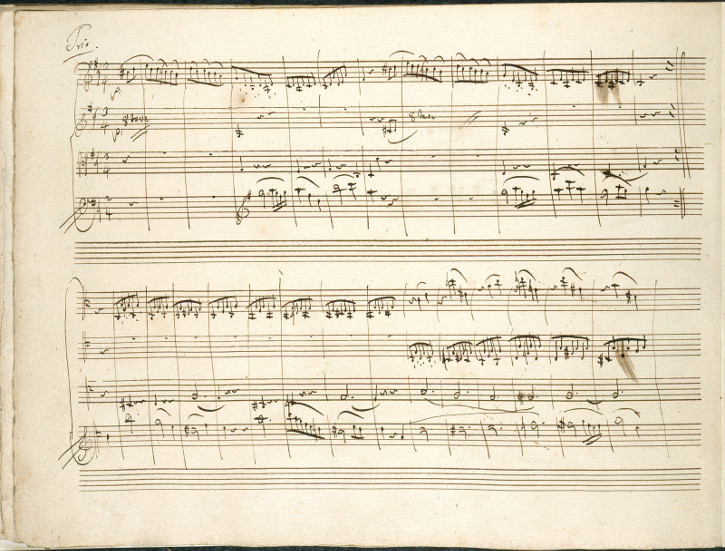
Mozart’s Minuet G major with a minuet C major as a trio KV – rumored to be his first piece … others think it was an Allegro and an Andante…
Mozart's First Trips
Of course, the parents did not want to keep this extraordinary talent from the world. Thus, they made their first trip in early 1762 along with their siblings Nannerl and Wolferl to Munich to let them play the piano at the Kurfürstenhof. It was a complete success with thunderous applause. As a first pay the two each got a ducat. Then back to Vienna and already in the autumn of the same year, they made another trip from Passau to Vienna, to let the children perform for various nobles. The news of the two incredibly talented children from Salzburg spread quickly in Austria, of course, and so soon came the much-awaited invitation to the Kaiserhof in Vienna. In fact, all the previous performances were only a preparation for exactly this hoped-for case.
Small Mozart Big Court
So it was time for the imperial court in Vienna. For three weeks they were traveling in their bumpy carriage to get to Schönbrunn. Emperor Franz I. Stephan, his wife Maria-Theresia and their children waited for Mozart’s piano playing in the Hall of Mirrors (or the big gallery). The court composer at the time was called Wagenseil and was of course present when the Mozarts arrived there. According to another anecdote from the biography of Mozart’s life, the little self-confident guy asked the emperor if Mr. Wagenseil was present, because Mozart preferred have a music connoisseur attending. Mr Wagenseil came to him and the little one asked him to turn his notes over in between, as he was going to play one of Wagenseil’s pieces. The little Mozart managed with his self-confidence talent to inspire everyone at court!
The Anecdote of Mozart and the Violin
In the biography of Mozart, which was one of the main sources for this article, you can find the following anecdote:
So far, Mozart had probably only played the piano. Nevertheless, the boy brought a small violin from Vienna, which had been given to him as a present. At some point, after the family returned from the imperial court, a visitor came by. It was Mr. Wenzl, a violinist who was still starting to become a composer. He had his own written pieces, violin trios and wanted to the opinion of Leopold Mozart. Now he wanted to play the pieces, and asked Mozart to play the second violin. The father initially refused, as Wolferl allegedly hadn’t had any violin lesson so far. But the little boy – confidently as he was – replied that one probably did not have to learn the violin to play the second violin. So it was allowed. And the little genius played the second violin so well in all six trios that his father got wet eyes with pride. Of course, Mozart then became cocky and wanted to play the first violin. That did not work so well, but still better than some after a long time of study. It was clear that from that day he was now also instructed in playing the violin.
Despite his direct and partly self-confident nature, Mozart was a very obedient child.
Family Mozart on Tour
After the huge success in Vienna, the father Leopold organized a tour through Europe, which the whole Mozart family was to embark on. It should take three and a half years to return to Salzburg. They left in June 1763 and the first station was the electoral court in Munich, where Mozart performed a concert on the violin. Then followed Augsburg, Mannheim, Mainz, Frankfurt, Koblenz, Cologne, Aachen and Brussels to name only the larger stations. Either they gave musical academies or concerts for the great noble families. It was not uncommon for Mozart to sing something vocal. Every time there was thunderous applause.
Finally in November they reached Paris and of course there was a concert shortly afterwards at the court of Versailles, in front of Louis XV and Madame Pompadour. They were treated very well in Versailles, one can almost say that they were courted at the court. It was also there where Mozart completed his first real works. One of them he dedicated to the second daughter of the king, Madame Victoire, the other to the Countess Teffé. At that time he was 7 years old. In France the family stayed for about 5 months. In April of the year 1764 they went to London.
It is said that the most difficult pieces of Bach, Handel and Co. were presented to the child both in Paris and in London, and that he played them precisely offhand.
Picture of a copper engraving „Account of a Very Remarkable Young Musician“ of Daines BarringtonLondon 1781; source: British Library
Mozart in London
This was a significant station in the life of the little prodigy. Still only eight years old, Wolfgang Amadeus Mozart of course also played in front of the English royal family. At that time ruled by George III. But much more influential was the local acquaintance with Johann Christian Bach, the son of Johann Sebastian Bach. At that time he was the teacher of the queen and scarcely 30 years old. The two complemented each other perfectly on the piano and Mozart took him often as a role model. He once wrote about Bach, that he greatly appreciated and loved him. During his time in England, little Mozart also came into contact with the Italian symphony and opera. He also wrote during this time six more sonatas, which he dedicated to the Queen of England.
After London they visited Belgium, the Netherlands, again France, Germany and then in November 1766 back to Salzburg. Altogether in this time he wrote around 40 compositions, among other things its first symphony. And all that, while the father and the two children had to fight against deadly diseases on this journey .
Back in Austria
In 1768, the children played again for the Emperor in Vienna, who this time ordered the eleven-year-old Mozart to write an opera buffa. An opera buffa is a cheerful-comic opera. or even a musical comedy. “La finta semplice” was it called. That means something like “the ostensibly simple-minded one” and the opera was premiered on May 1, 1769 in Salzburg. Between 1767, shortly after the first European tour, and 1769, Mozart often stayed in the Benedictine monastery Seeon. For the monastery he also composed two offertories. An offertory is a liturgical song for offering. In between, in 1768 he was – as already mentioned – in Vienna and finished not only his first opera, but also a Singspiel (Bastien and Bastienne) and the so-called “orphanage fair”. At the age of just 12, he was even allowed to conduct this at the world premiere of the inauguration of the orphanage church. In 1769, in October, he was even called to his first – albeit unpaid – employment. He was allowed to call himself third concertmaster of the Salzburg Court Orchestra for a few weeks. Soon afterwards, in December 1769, the music tour began again for more than three years, this time through Italy.
Mozart in the Land of the Opera
Over bumpy and snow-covered Alpine passes, in their coach first to Verona, then on to Milan. Maybe one should have told the father at that time that crossing the Alps in a coach in the spring would be easier to beat than in the highest winter. But maybe that was already quite clear to him and it was just the irrepressible urge and ambition of both – Leopold and Wolfgang that drove them over the cold Alps. And conquering Italy musically was after all a daring project. The opera houses there at this time already enjoyed world fame and it was about to survive where…
…The music thrives as in its own soil, and the art is counted among the first merits
(Friedrich von Schlichtegroll)
But Mozart’s self-confidence was not small, his talent even greater. And of course he could also take Italy, everywhere he got roaring applause again. In Milan, he received the first opera contract for the carnival in 1771. After Milan both traveled in March 1770 on to Bologna. There he found a great admirer in Father Giovanni Batista Martini. He was a great conductor and master in counterpoint. That’s the lesson of organizing polyphonic music. And in this art, he taught the already youthful Mozart.
A Knight and Cavalier
The journey continued to Florence and Rome. Rome was an important station, for there Mozart was knighted by Pope Clement XIV. But even more exciting is the anecdote that he succeeded – after listening only once or twice to it in the Sistine Chapel – to write down the nine-note score of the Vatican – the Miserere – purely from the ear. So the lessons in counterpoint had already paid off, coupled with an obviously supernatural fine hearing. Other stations in Italy followed for approximately 15 months for the Mozart men. At the end of the journey, they came back to Milan, because there was still an opera contract open, and in December 1770 Mozart’s Mitridate Re di Ponto premiered at the Teatro Regio Ducale, which was listed more than 20 times in a row because of its success.
With the bags full of fame and a new title for Mozart – “il Cavaliere di filarmonico” – the two returned to Salzburg for the time being.
End of Part 1
This is where the first part of our journey through Mozart’s life ends. During research it became clear that just the childhood alone is a single blog article. And as you can see, we only reached the age of 14 years. This little boy had already experienced more in his first decade than many in their entire life. And that in the 18th century. To process his whole life at once would go beyond the digestible framework. From some anecdotes, which are told by Mozart’s childhood, the following becomes clear: This little man had the best prerequisites. Not only because of his supernatural talent, which probably has not been equalled since. He was supposedly very obedient and good, but at the same time self-confident and he carried his heart on the tongue, which is – at least in children – a still very adorable feature. He is also said to have his crude comic humor from his mother.
Wie geht es mit Mozart weiter?
Find out more about Mozart’s further teenage years and his wild adult life in our next article. In addition, we will also take a closer look at the Mozartrequiem. The piece, during which composition Mozart died and around which entwine numerous myths. If you already feel the urgent desire to listen to Mozart’s works live, that would be understandable! Then just visit our ticket page and listen to his works in Vienna!
Thanks for reading, see you next time! 🧡🎻
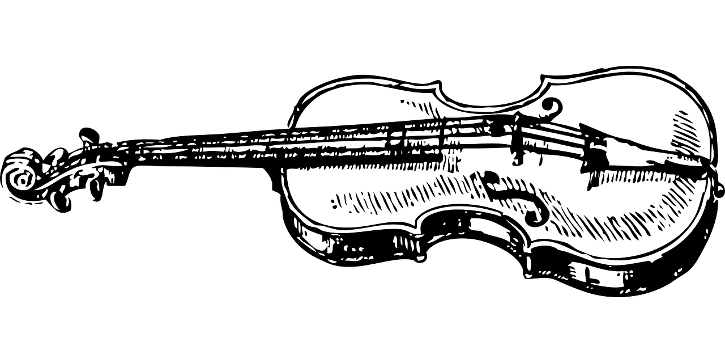
The main sources for this article: “Mozarts Leben” by Adolph Heinrich Friedrich von Schlichtegroll (also the source of all the quotes), https://de.wikipedia.org/wiki/Wolfgang_Amadeus_Mozart as well as www.mozart.com
